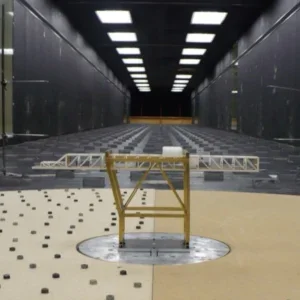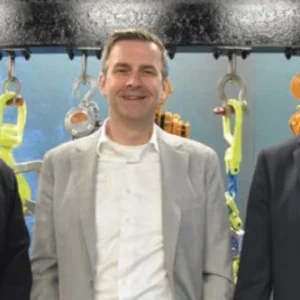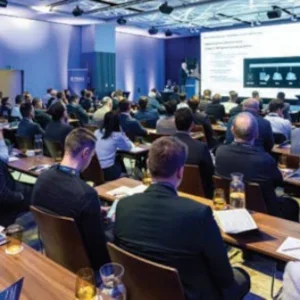
Casper, Phillips & Associates (CP&A), based in Tacoma, US, says it has seen a rise in demand for its engineering design services, leading it to conclude that companies have decided it is better to hire a consultant rather than taking on an employee.
According to Richard Phillips, mechanical engineer at Casper, Phillips & Associates (CP&A), outsourcing work allows companies to reduce spending on salaried employees plus the associated costs of taxes and healthcare, as well as cutting overhead expenses, such as on office space and computers. It can also solve the problem of labour shortages, when finding someone with the right skills and experience and staff training can be tricky.
“Our primary goal is to give our clients a competitive advantage over the competition,” says Phillips. “We are essentially a team that can be quickly hired and laid off without any onboarding costs or severance packages. If I were an employee, I’d strive for the opposite: permanence and dependency.
“Our clients pay nothing into a 401k [profit-sharing plan that allows employees to contribute a portion of their wages to individual accounts] on our behalf, and because we are outside vendors, the typical employee taxes and benefits don’t apply. We have our own computers, software, office space, etc. While we may charge multiples of what typical employees are paid, we can be more cost-effective, because we don’t have any idle time. In other words, our work is 100% put towards production. We don’t bill for typical overhead costs such as estimating, writing proposals, and other non-billable tasks that employees need to perform.
“Another competitive advantage is the fact that we are outside experts. Our clients don’t currently have our capabilities, ideas, experience, or capacity to innovate. And we can be objective and work only at the margins of company politics. We’re not there to fit in, but to help them to stand out.”
Phillips adds, due to labour shortage issues, a lot of companies have been looking more into the idea of outsourcing, to see if it’s better than hiring someone full-time.
“There are advantages such as not having to carry out a training period, because we are already experienced engineers. We all know how to work together and although our billing rates may be higher, it’s justifiable because they don’t have to pay for benefits, employment taxes or pension funds, ” he adds.
“We don’t want to work for our clients as their employees. Therefore, all our engagements are closed-ended. We determine how many programme days are required to do a project, and charge for them, and only them. On successful completion of a project many clients then ask us to help with other projects, continuing the relationship. But, when the final programme day comes, we move on to the next project,” says Phillips.






